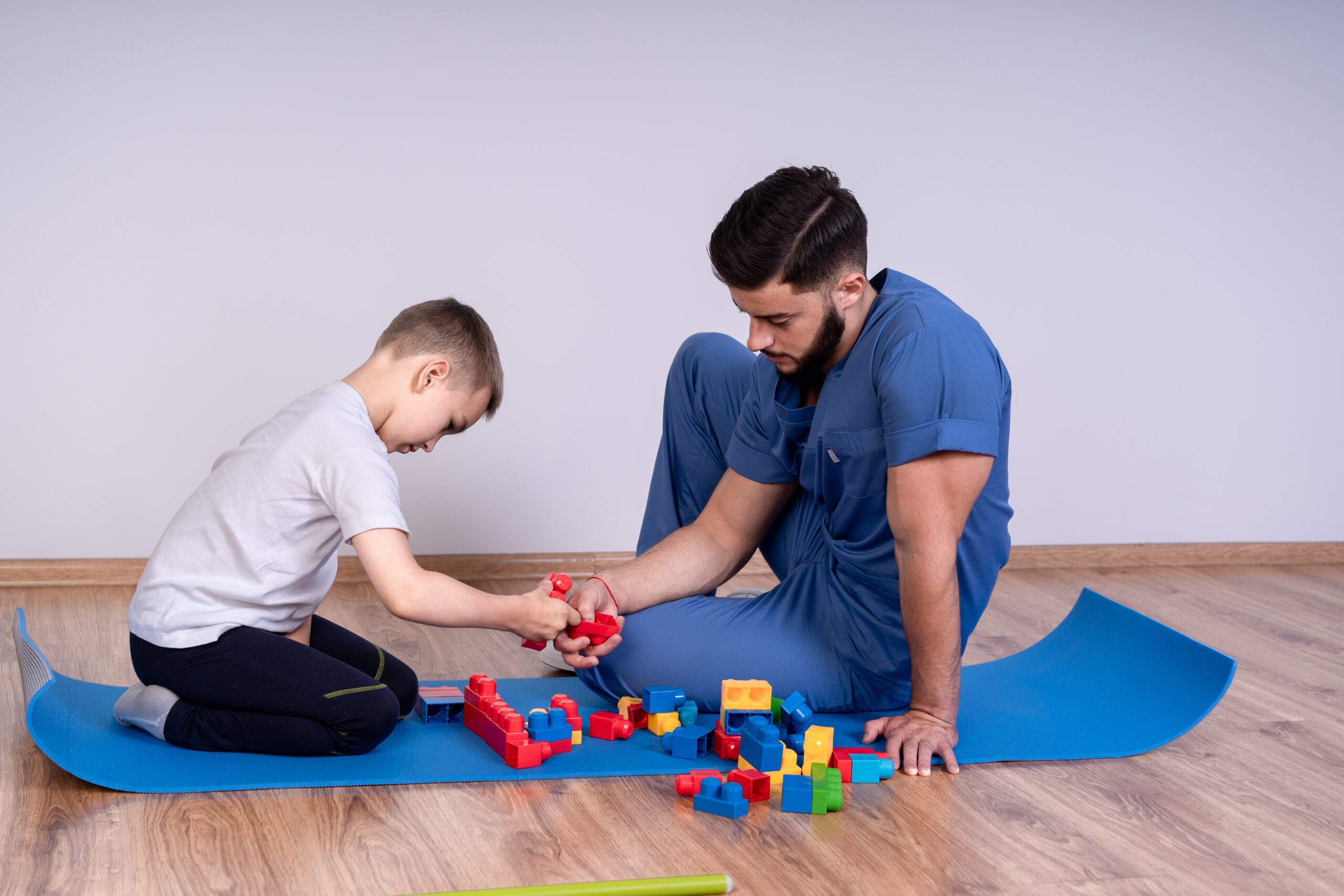
Simmons Grab & Associates recognizes that the age, developmental stage, and ability to progress of the child should be taken into consideration in a pediatric life care plan.
As noted in the Second Edition of Pediatric Life Care Planning and Case Management, edited by Susan Riddick-Grisham and Laura M. Deming, (2011), it is imperative that the age of the child and the accompanying developmental stage be considered. It is also important that the life care planner be knowledgeable of and consider normal development in order to assess the qualitative and quantitative effects of trauma on a developing child.
Cognitive development, in general, refers to the developmental ability to think and reason. Psychosocial development refers to the development of personality and social development. Development theory describes the changes over time in one area of psychological capabilities. These include, but are not limited to, such skills as language, perception, memory, behavior, and executive function.
Developmental milestones are a series of guidelines set up by pediatric specialists to measure how a child is progressing compared to the average child of the same age group. Each parent looks forward to childhood achievements. Children with special health needs are not unlike other children. They will grow and mature physically as they move from infancy to the pre-school years, from school age to adolescence, and finally into young adulthood. The extent of the intellectual and emotional growth will depend on the severity of their disability but will also depend on the efficacy of the life care plan.
The Easter Seals organization suggests: “Remember that people with disabilities lead lives just like people without disabilities…. They go to school, get married, have families, do laundry, grocery shop, laugh, cry, pay taxes, get angry, have prejudices, vote, plan and dream like everyone else” (Easter Seals, 2004).
By working with a life care planner, families can help design a plan to facilitate continued health and well-being, with access to the least restrictive environment in a setting that provides for the individual’s varied care needs, socialization, recreation, and, when appropriate, work.
In summary, a pediatric life care plan should incorporate these considerations in order to “let kids be kids.”
